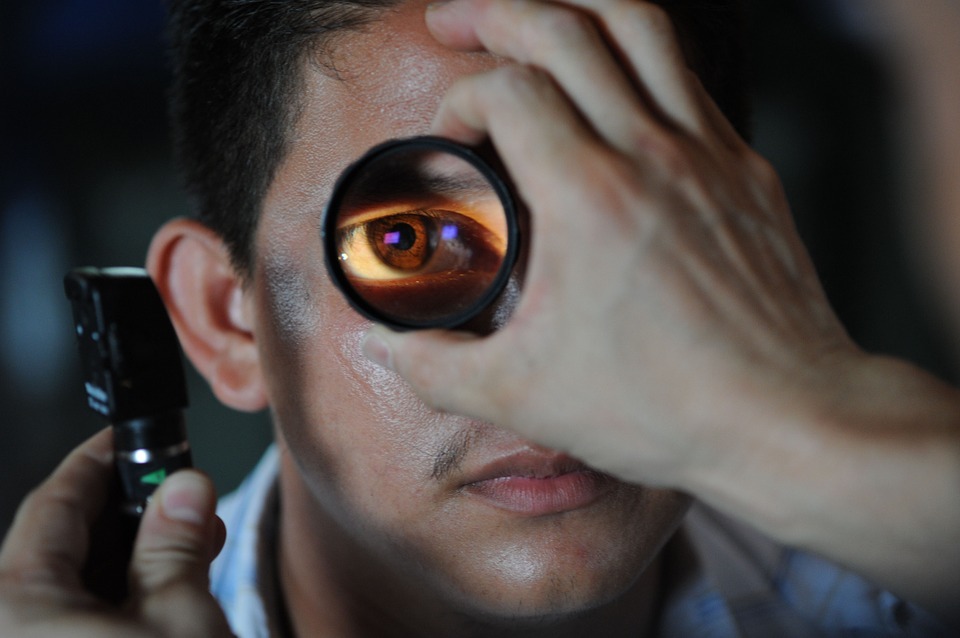Ophthalmology can be defined simply as the study of medical diseases and conditions of the eye. Doctors who specialize in the treatment of medical conditions that relate to the eye are known as ophthalmologists. The eye, just like the other organs of the body, is complex and prone to infections and diseases, which can range from simple dry eyes to complex medical conditions that may require surgical treatment. While general practitioners (GPs) may diagnose and treat a range of eye conditions and eye health problems, certain complex eye conditions require an eye specialist with the training, experience, skills, knowledge, and expertise to diagnose and treat. Cataracts, optic nerve problems, and other eye infections may prompt your GP to refer you to an ophthalmologist.
Requirements to become an ophthalmologist in the U.S
- 4 year of college
- A medical degree
- A year postgraduate clinical year
- 3 years of residency training in ophthalmology
- American Board of Ophthalmology certification (written and oral exams)
You may also have to undergo 12-24 months of fellowship training while specializing in any of the numerous subspecialties of ophthalmology, including the retina, the cornea, glaucoma, uveitis, pediatrics, ocular oncology, neuro-ophthalmology, refractive surgery, and plastic and reconstructive surgery. You may have to train under another eye care professional or eye doctor. Top Eye Doctors Near Me provides a big list of them.
Subspecialist ophthalmologists can work on complex eye problems because they have successfully completed the training that equips them with the technical skills they need to treat specific parts of the eye. They have also undergone more intensive training than the regular ophthalmologists, allowing them to carry out extremely intricate surgical procedures on a very delicate part of the eye.
Eye conditions treated by ophthalmologists
Ophthalmologists can diagnose and treat a wide range of eye conditions. They can also help to prevent several other eye problems and visual issues. If you have any of the eye conditions listed below, contact an ophthalmologist:
- Cataracts, glaucoma, corneal conditions
- Retinal conditions, including diabetic retinopathy and macular degeneration
- Childhood eye conditions
- Eye problems requiring complex surgeries, including advanced vision repair and reconstructive surgery
- Eye problems caused by neurological disorders, such as abnormal eye movement, optic nerve issues, double vision, and certain types of vision loss
While ophthalmologists specialize in the diagnosis and treatment of eye problems, their medical training also allows them to diagnose and detect other medical conditions not directly related to the eye. When they do, they may refer you to the right specialist so that you can get appropriate treatment.
Procedures performed by ophthalmologists
The typical ophthalmologist is trained and certified to carry out various surgical and medical procedures, which are largely based on specialty and type of practice. Some of their regular tasks include diagnosing and monitoring mild to moderate vision and eye conditions. Subspecialist ophthalmologists may perform the following procedures: glaucoma surgery, cataract surgery, cancer treatment, cataract surgery, refractive surgery, reconstructive surgery to correct trauma and birth abnormalities, and neoplasm removal to get rid of cyst, tumor, or other foreign objects. They may also repair detached retinas, perform corneal transplants, inject the area adjacent to the eye and face as part of reconstructive surgery to change the function and appearance of the face, and diagnose and monitor cases of moderate to severe eye conditions, such as diabetic retinopathy.
You should consider visiting an ophthalmologist as soon as possible if you exhibit any of the following symptoms: excessive tearing, misaligned eyes, bulging eyes, eyelid problems or abnormalities, flashes of light, distorted or double vision, loss of peripheral vision, and seeing floaters in your field of view.
Therefore, ophthalmology is a highly specialized medical field that diagnoses and treats conditions related to the eye. Unlike general practitioners who treat health issues in general, ophthalmologists are specialists with the technical expertise to handle a wide range of complex eye-related problems. It is recommended that you visit your eye doctor regularly for a comprehensive eye exam to help retain your vision and maintain good eye health.

